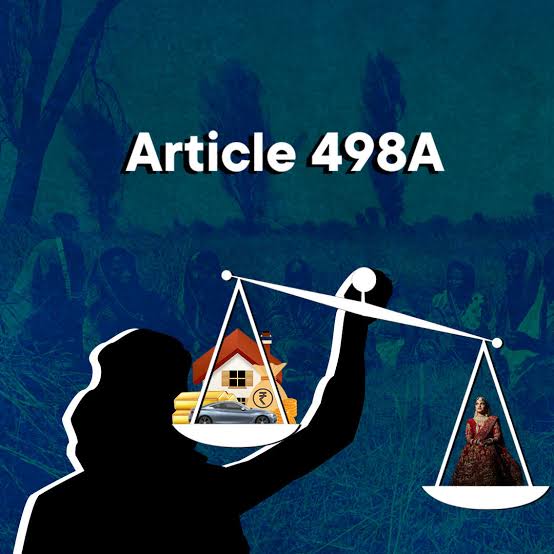April 10, 2024
In a recent development, the Karnataka High Court marked a statement that the relatives of the husband are often implicated in cases of cruelty to the wife under Section 498A of the Indian Penal Code (IPC) without any evidence against them. It further added that even relatives who don’t stay with the complainant are made accused with omnibus allegations to bring them under the purview of Section 498A of IPC.
It is notable that the courts have expressed concern over the misuse of Section 498A (husband or relative of husband of a woman subjecting her to cruelty) on multiple occasions. This time Justice CM Joshi of Karnataka HC said that the provisions are quite often misused and minor differences between couples have ended up landing before the court.
Justice Joshi further added that differences between the couple may be for various reasons but the same are camouflaged for reasons “which really did not happen” so that the case comes within the purview of Section 498A.
The court noted, “It is pertinent to note that the provisions of Section 498 of IPC are quite often misused and minor differences between the couple are being brought to the Court unnecessarily by roping in all the family members of the husband, who are staying elsewhere than the place of stay of the couple. In fact, there would not be any evidence to show that the relatives of the husband had also a role in the alleged dispute between the husband and wife.”
The High Court made these remarks while quashing the FIR and chargesheet against eight relatives of a man who were booked under Section 498A for cruelty to his wife. The court, however, upheld the proceedings against the husband and mother-in-law of the complainant.
The court examined the complaint of the woman and noted that the allegations were mainly against her husband and mother-in-law. Regarding other accused in the case, the Court stated that the involvement was remote and they were not even residing in Mumbai where the couple in dispute lived.

The court further added that the involvement of the eight other accused in the alleged harassment meted out to the complainant is not forthcoming either from the FIR or from the investigation papers. Such involvement of eight other accused was only in the form of omnibus allegations against them and particular details of their harassment were not narrated.
Accordingly, the court quashes the proceedings against all the accused except her husband and mother-in-law. And thus, gave partial relief to the petitioner.
It is pertinent to note that the High Court relied on the earlier Supreme Court observation in connection with ‘omnibus allegations’. In simple terms, Omnibus allegations refer to generic or broad allegations that are vague, and lack specifics and details of harassment.
Regarding such allegations, the Supreme Court had observed, “..upon consideration of the relevant circumstances and in the absence of any specific role attributed to the accused-appellants, it would be unjust if the appellants are forced to go through the tribulations of a trial, i.e. general and omnibus allegations cannot manifest in a situation where the relatives of the complainant’s husband are forced to undergo trial.”
Meanwhile, in an unrelated case, the Telangana High Court also held that omnibus allegations under Section 498 A of the Indian Penal Code (Cruelty) do not warrant prosecution.
In editor's view, the decision held by the Karnataka HC is of great importance for securing the rights of innocent relatives who are often implicated falsly under Section 498A of the Indian Penal Code. This precedent will have vast impact across the country on the cases which are logged under the above mentioned section of IPC. It cannot be denied that in recent times, the misuse of the section 498A of Indian Penal Code has arises rapidly and in many occassion different High Courts has expressed their view on the same and have given benificial construction to this section. Such expression of courts actually give lights on the path of law.

